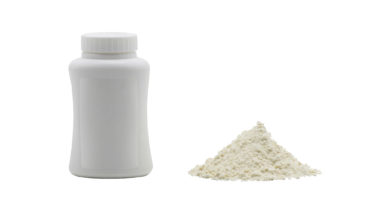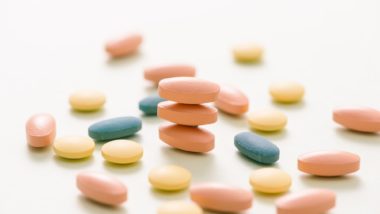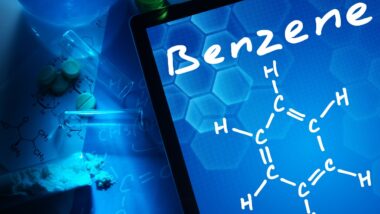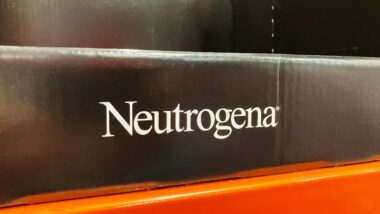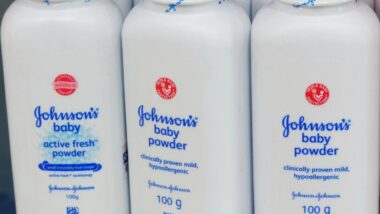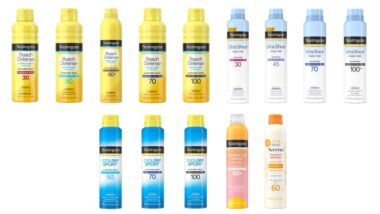Top Class Actions’s website and social media posts use affiliate links. If you make a purchase using such links, we may receive a commission, but it will not result in any additional charges to you. Please review our Affiliate Link Disclosure for more information.
The popular heartburn medication Zantac is used to decrease the production of stomach acid and to treat a number of issues, such as peptic ulcer disease, gastroesophageal reflux disease (GERD), and Zollinger–Ellison syndrome. Unfortunately, Zantac has been linked with some serious complications, resulting in a Zantac recall. Many consumers are left wondering: is Zantac safe?
What Are the Zantac Ingredients?
Zantac’s active ingredient is ranitidine hydrochloride (HCI), USP, a histamine H2-receptor antagonist. Zantac belongs to a class of drugs known as H2 blockers. Zantac is sold under the generic name ranitidine.
Is Zantac Safe?
While Zantac has been on the market for years, it has recently been recalled because of significant safety concerns. The U.S. Food and Drug Administration (FDA) conducted an investigation to determine if Zantac is safe, which eventually led to recalls from a slew of manufacturers in late 2019 and early 2020.
Following an investigation, the FDA on April 1, 2020 issued an order requesting all manufacturers of ranitidine medications, including the brand name Zantac, remove the drugs from store shelves as soon as possible. The order came on the heels of a voluntary recall by two major manufacturers in January 2020. Previous recalls had been announced by a handful of other pharmaceutical companies as early as September 2019.
The wave of recalls was sparked by an FDA investigation that found a contaminant known as N-Nitrosodimethylamine (NDMA) in unsafe levels in ranitidine medications.
NDMA is an N-nitrosamine which is commonly found at low levels in certain foods such as roasted meat, cheese, beer, and more as the result of the cooking and fermenting processes used to prepare these foods and beverages.
At first, it was believed that the contaminant in Zantac was due to a change in the manufacturing process in at least one facility that manufactures the drug. But investigations into factories that produce Zantac as well as other medications found much more.
Investigators discovered broken or malfunctioning equipment, failures to follow up on irregular test results, and falsified records and test results. At one manufacturing facility, investigators reportedly found that employees destroyed records and documents.
Despite these concerning findings, it’s now believed that the contaminant in Zantac is not due to the manufacturing process. Instead, NDMA may be formed by a breakdown in the substances that comprise the drug. Some evidence suggests that ranitidine may be an unstable molecule.
According to the FDA, the NDMA impurity in certain ranitidine products “increases over time and when stored at higher than room temperatures and may result in consumer exposure to unacceptable levels of this impurity.” Unfortunately, this means all Zantac products may be at risk of containing the contaminant, leaving the question of is Zantac safe up in the air.
As it is impossible to determine which containers of Zantac may have been exposed to heat, the FDA recalled all forms of Zantac medication. According to Ron Najafi, the CEO of Emery Pharma in California, ranitidine products should be transported using temperature-controlled vehicles and should include warning labels regarding the risks of exposure to heat. Emery Pharma is a private lab that conducted an analysis on ranitidine and found that the unstable molecule is capable of producing the contaminant on its own. According to him, the more you heat the medication, the more NDMA it may become contaminated with.
The manufacturer of brand name Zantac is Sanofi, which voluntarily recalled the product in October 2019. Other ranitidine recalls were initiated by Sandoz, as well as generic Zantac makers that supply ranitidine to Walgreens, Walmart, Rite Aid, and CVS.
Is Zantac Safe to Use During Pregnancy?
Asking “is Zantac safe during pregnancy?” was a common question following news of the NDMA contamination. Pregnant women specifically have been advised not to use Zantac, even before the FDA’s recall.
Heartburn is common for pregnant women and Zantac was previously considered harmless for expectant mothers. However, doctors are advising patients to switch to other acid blockers instead of Zantac.
While studies that looked at the effects of ranitidine on pregnant animals did not find a risk to a pregnancy, animal studies can’t always predict human responses. Before the recall, many doctors recommended that women avoid Zantac during pregnancy.
Is Zantac Safe for Babies?
As a heartburn medication, Zantac was approved for use in babies at low dosages. This is because babies with too much stomach acid can develop GERD, sores or ulcers. Decreasing excess stomach acid decreases acid reflux pain, and helps babies eat more easily, improving weight gain.
Prescription versions of a 15 mg/mL syrup could be used in very young infants using a medicine dropper or oral syringe, with the exact dosage based on individual weight. Over-the-counter forms of Zantac were approved for use in children 12 years or older.
After the ranitidine recall, however, ranitidine medications will no longer be available for babies, children, or adults, whether prescription or over-the-counter.
 Does Zantac Cause Cancer?
Does Zantac Cause Cancer?
The FDA recall has many wondering whether Zantac causes cancer. Zantac itself does not cause cancer, but ranitidine can degrade into the NDMA impurity, which is considered a probable human carcinogen, or substance capable of causing cancer in humans. While low levels of NDMA are common (it can be found in food and water), higher levels of exposure may increase the cancer risk.
NDMA is classified as a 2A carcinogen or “probably carcinogenic to humans” by the International Agency for Research on Cancer (IARC). This classification means that the compound is likely to cause cancer in humans because it is proven to cause cancer in animals even though only limited research has proven the link in humans.
Due to the cancer risk with NDMA, the FDA has set the safe levels for daily intake of the chemical at 0.096 micrograms or 0.32 parts per million (ppm). If a person ingested this much NDMA every day over the course of a lifetime, the FDA says this would be considered reasonably safe and not increase the risk of cancer. However, exposure above these limits can lead to an increased risk.
NDMA was previously used to manufacture rocket fuel, antioxidants, lubricant additives, and copolymer softeners. However, according to the U.S. Environmental Protection Agency (EPA), the chemical is no longer produced in its pure form or used in the country except for research purposes.
The EPA also notes that NDMA can be an “unintended byproduct” of the chlorination of wastewater. Water contamination may also occur in drinking water treatment plants that use chloramines to disinfect the water supply.
NDMA may also be found in grilled or smoked meats and fish, cheese, beer, whiskey, cigarette smoke, or cosmetic products including shampoo. It may also be produced at tanneries or rubber factories as a byproduct of these industrial processes.
In addition to cancer risk, NDMA exposure may also result in unpleasant side effects such as nausea, vomiting, jaundice, headache, fever, abdominal cramps, and dizziness. Exposure to the contaminant can also cause serious health issues including an enlarged liver, reduced liver function, or damage to the kidneys and lungs.
While FDA lab tests initially detected low levels of NDMA in ranitidine, subsequent testing has found that over time, ranitidine levels in NDMA can increase even if stored correctly, and more drastically if stored at higher temperatures.
Millions of people may have been exposed to contaminated Zantac. Zantac and other antacid medications are taken by approximately 15 million Americans each year. As it is unknown how many years the medication may have been contaminated with NDMA, tens of millions of patients may have been affected.
Unfortunately, many people who take these medications on a daily basis may not even need them. Often, Zantac and other antacids are prescribed in order to treat episodes of heartburn and acid reflux. However, many patients may continue to take these medications long after the issue has subsided. Some research indicates that more than 60% of patients who take these medications frequently may not have a medical reason to do so.
Is Zantac Safe to Take Long Term?
Some research indicates that long-term use may not be worth the risk. Most patients only require these medications for short term treatments, and long term use of Zantac may end up doing more harm than good, especially if the medication has been contaminated. There are a number of alternate medications to use as well.
Filing a Zantac Lawsuit
If you or someone you love has suffered Zantac side effects such as stomach cancer or bladder cancer after exposure to ranitidine, you may be able to file a lawsuit and pursue compensation. Of course, filing a lawsuit cannot take away the pain and suffering caused by a cancer diagnosis nor can it bring a loved one back to life, but it can at least help to alleviate the financial burden incurred by medical expenses, lost wages, and more.
Filing a lawsuit can be a daunting prospect, especially in the wake of a cancer diagnosis, so Top Class Actions has laid the groundwork by connecting you with an experienced attorney. Consulting an attorney can help you determine if you have a claim, navigate the complexities of litigation, and maximize your potential compensation.
Join a Free Zantac Cancer Lawsuit Investigation
If you or a loved one was diagnosed with stomach cancer or bladder cancer after taking Zantac or another ranitidine medication, you may qualify to join this Zantac cancer lawsuit investigation. Learn more by filling out the form on this page for a free case evaluation by a Zantac cancer injury lawyer.
ATTORNEY ADVERTISING
Top Class Actions is a Proud Member of the American Bar Association
LEGAL INFORMATION IS NOT LEGAL ADVICE
Top Class Actions Legal Statement
©2008 – 2024 Top Class Actions® LLC
Various Trademarks held by their respective owners
This website is not intended for viewing or usage by European Union citizens.
Get Help – It’s Free
Join a Free Zantac Cancer Lawsuit Investigation
If you qualify, an attorney will contact you to discuss the details of your potential case at no charge to you.
PLEASE NOTE: If you want to participate in this investigation, it is imperative that you reply to the law firm if they call or email you. Failing to do so may result in you not getting signed up as a client or getting you dropped as a client.
E-mail any problems with this form to:
Questions@TopClassActions.com.

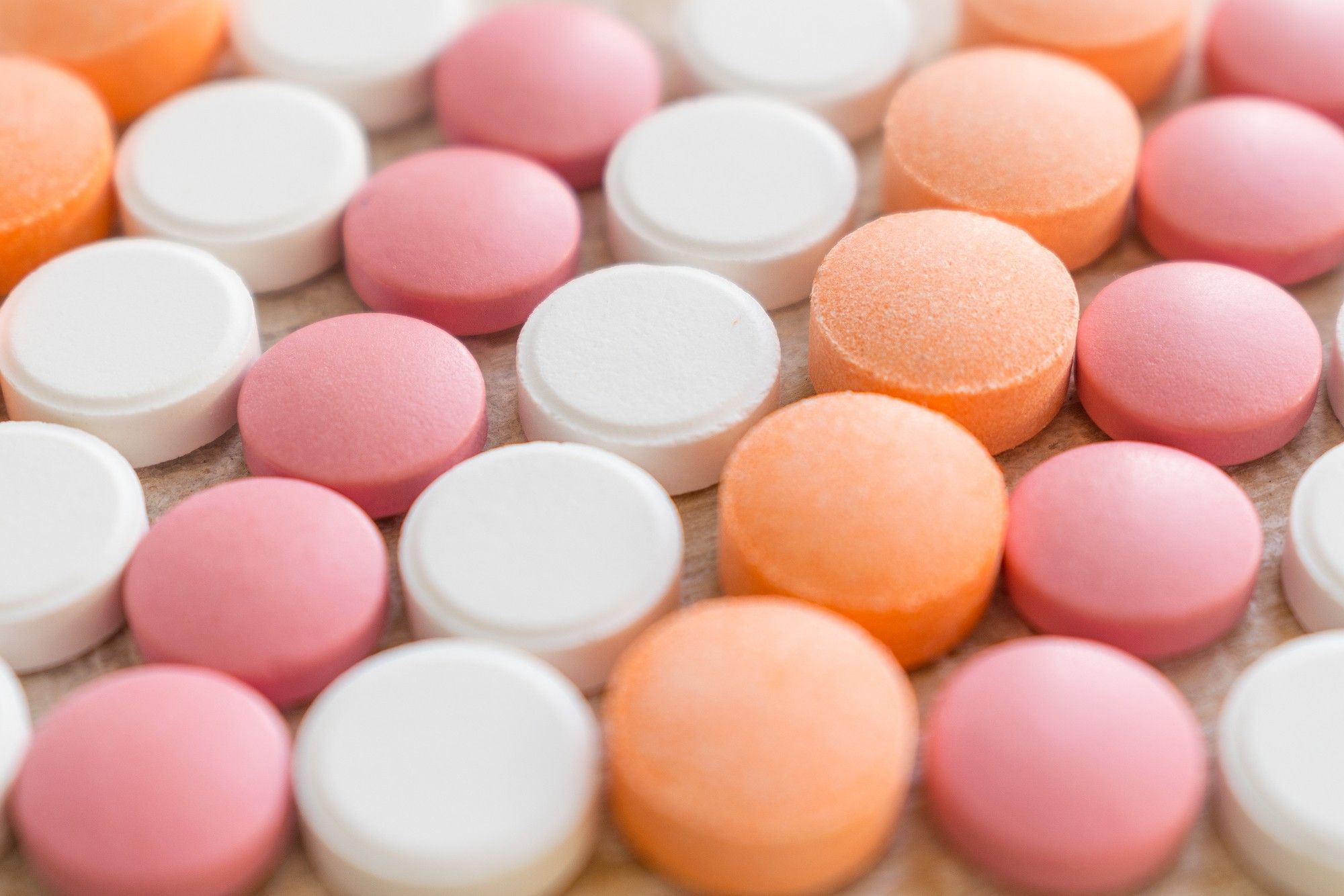
 Does Zantac Cause Cancer?
Does Zantac Cause Cancer?